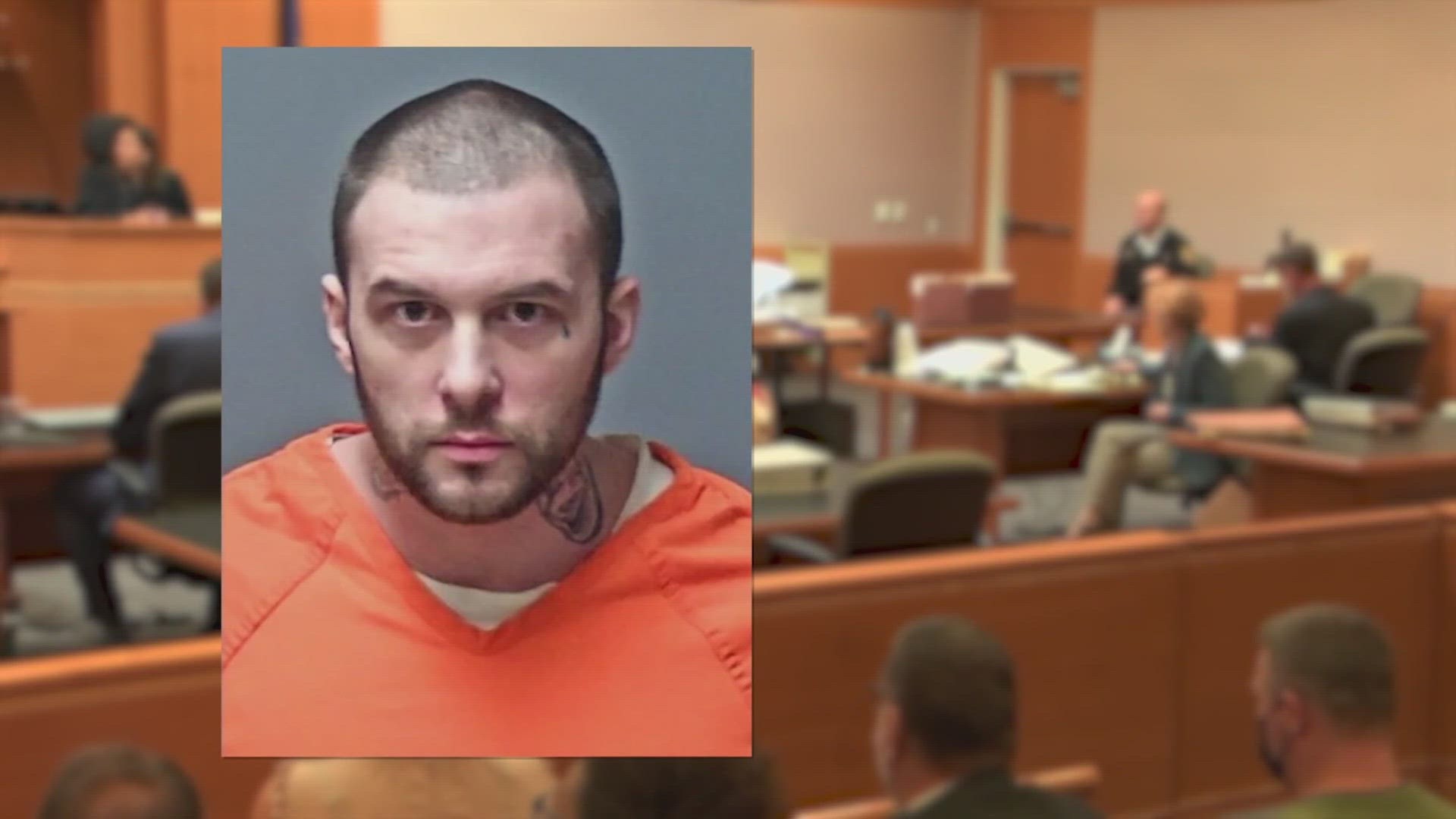MANCHESTER, N.H. — Wednesday marked day six of New Hampshire v. Adam Montgomery, a trial brought against the New Hampshire man for the December 2019 murder of his 5-year-old daughter Harmony.
But, to that point, Montgomery had been noticeably absent from the courtroom since proceedings began. On Feb. 7, the first day of the trial, deputies reported that when they went to get Montgomery for transport from jail to the courthouse, he got upset and then refused a strip search and the transport.
He had not been transported each day since. University of Maine School of Law professor Jonathan Chapman, who spent 30 years in the U.S. Attorney's Office, said this does happen, but it’s not common in his experience.
"It’s not a strategy that any criminal defense attorney – any responsible criminal defense attorney – would pursue, because it’s extremely disruptive to the court," Chapman said in a Wednesday interview.
On that first day, the judge explained to Montgomery over video conference his constitutional right to be present in court, asked and received acknowledgment that he understood he was waiving that right, and said transport would be made available for him should he decide to attend in the future. However, she said she would not send transport for it to be refused. He must decide on a given morning if he wishes to attend. Through six days of proceedings, he was a no-show.
"One would think it would be striking to the jury, and that thought would be in their mind through the trial, if a defendant’s not sitting there," Chapman said.
However, he added that juries are typically good at following orders from judges, and sticking to the facts and evidence of the case when deliberating.
Despite this one-time video communication, and the COVID-19 pandemic making video court appearances much more common, Chapman said with this being a jury trial, he would be surprised if the judge allowed Montgomery to appear strictly over video if that was what he wanted.

